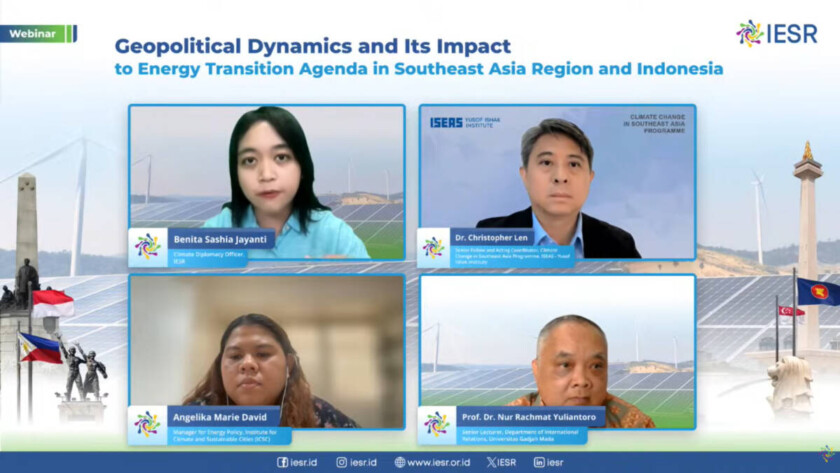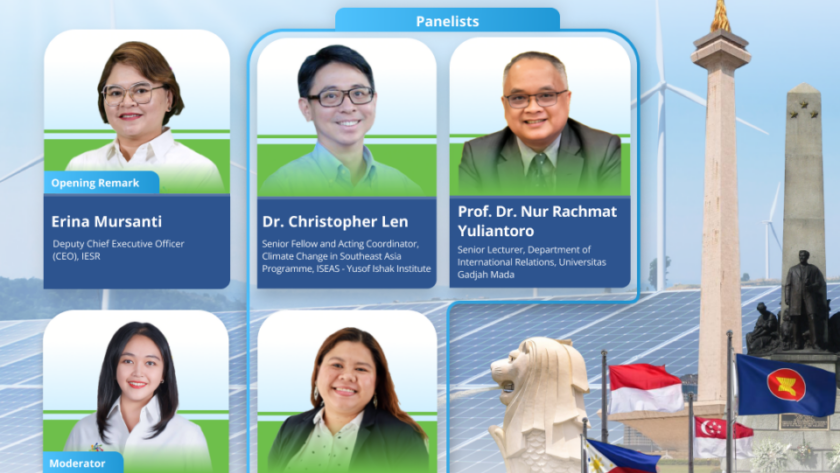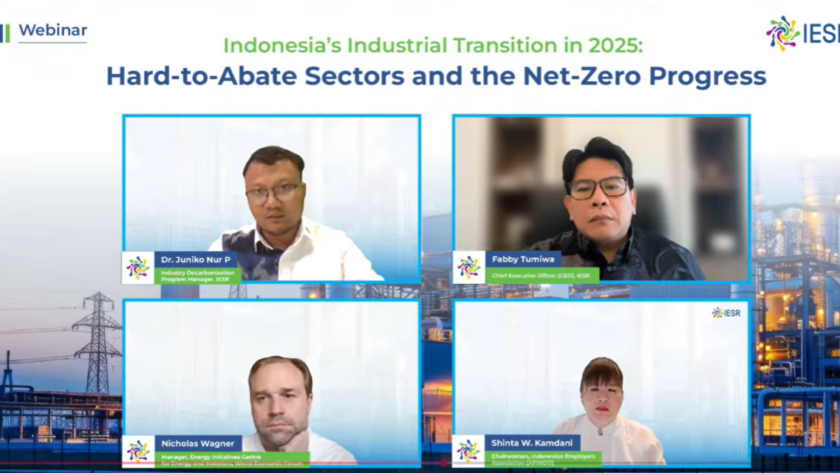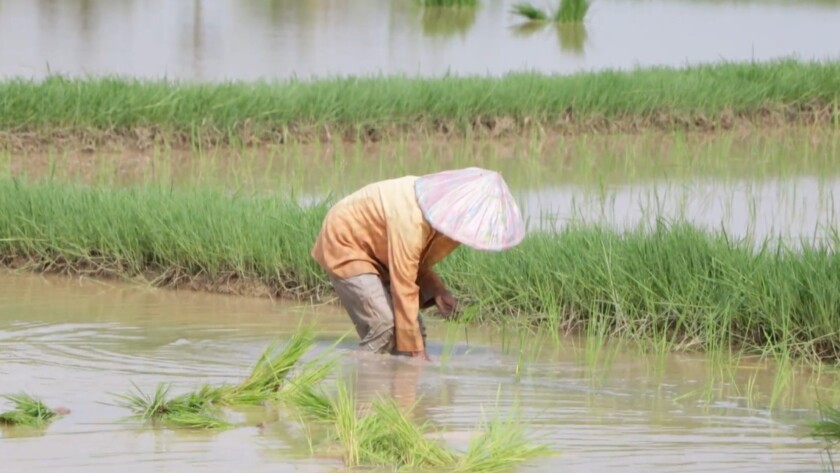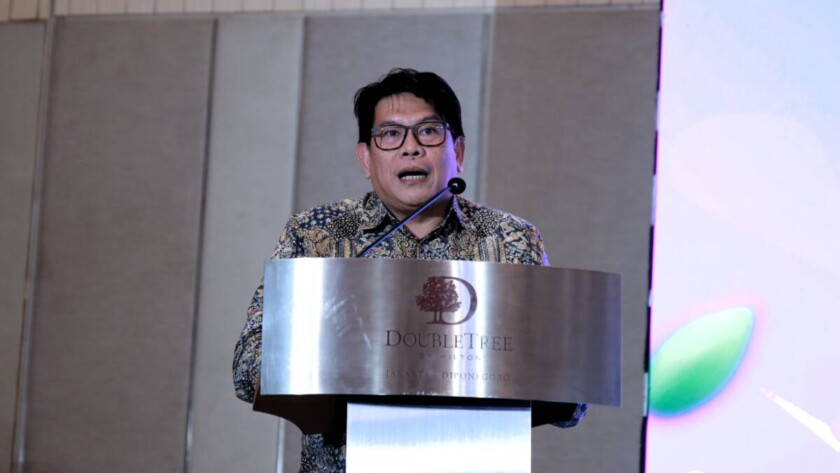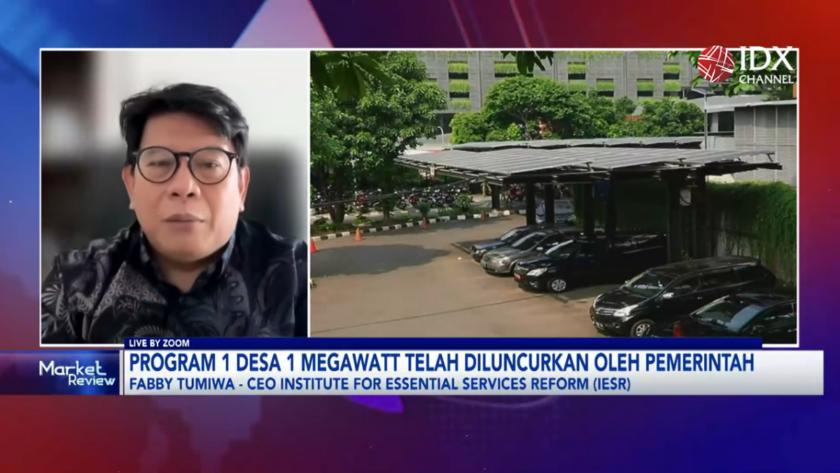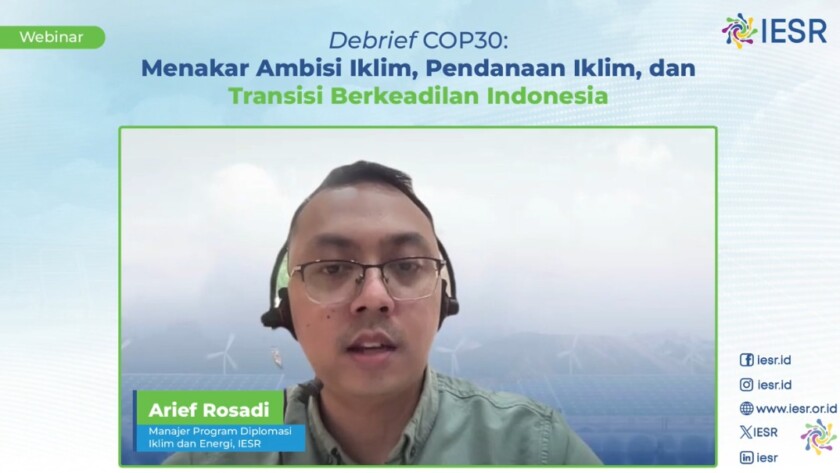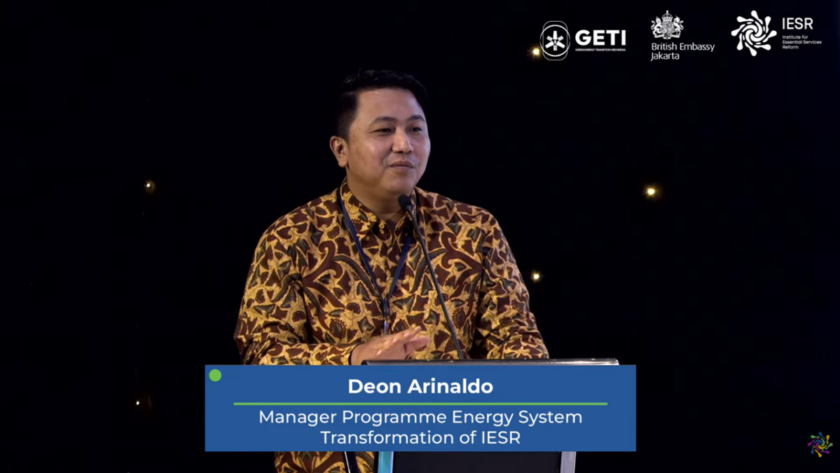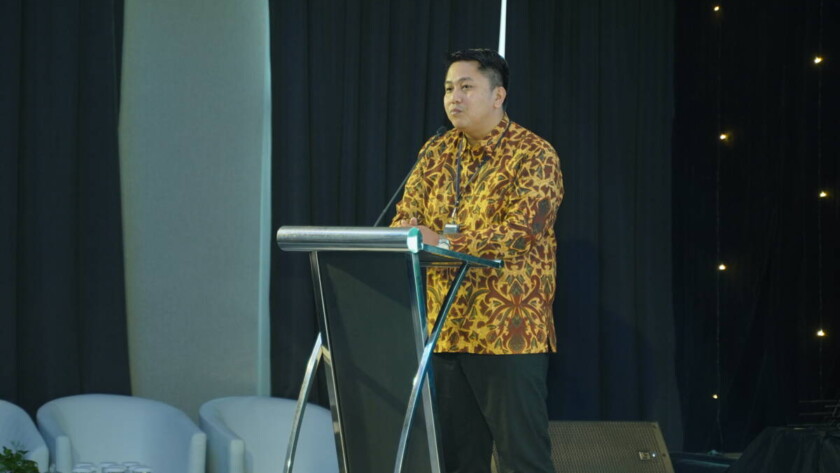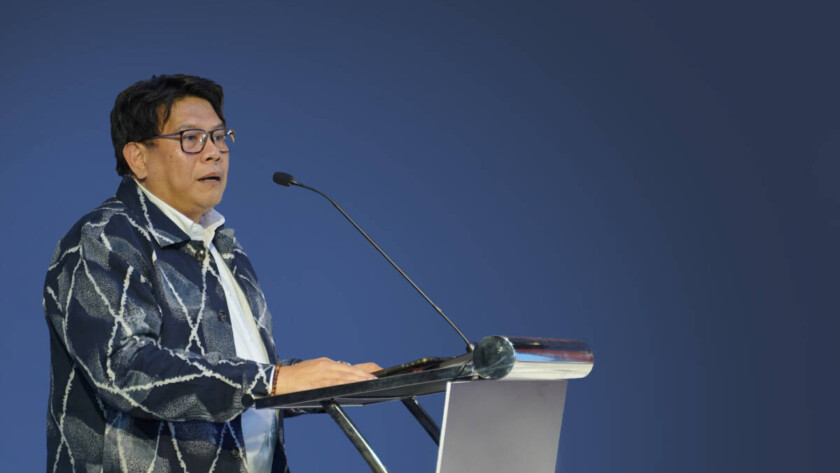Jakarta, February 12, 2026 – In January 2026, the United States (US) announced its intention to withdraw from climate negotiations under the United Nations Framework Convention on Climate Change (UNFCCC) and from the Intergovernmental Panel on Climate Change (IPCC). This move follows the US withdrawal from the Paris Agreement in January 2025.
This decision has…
